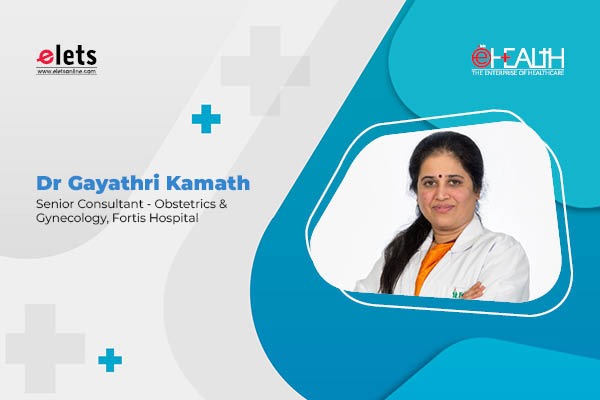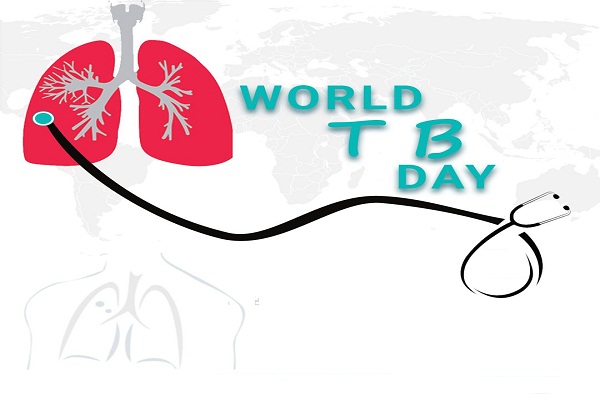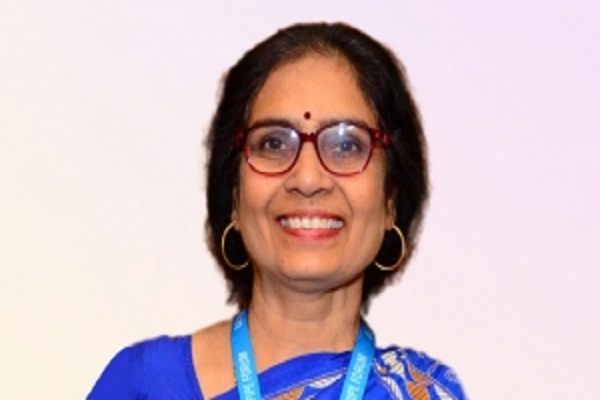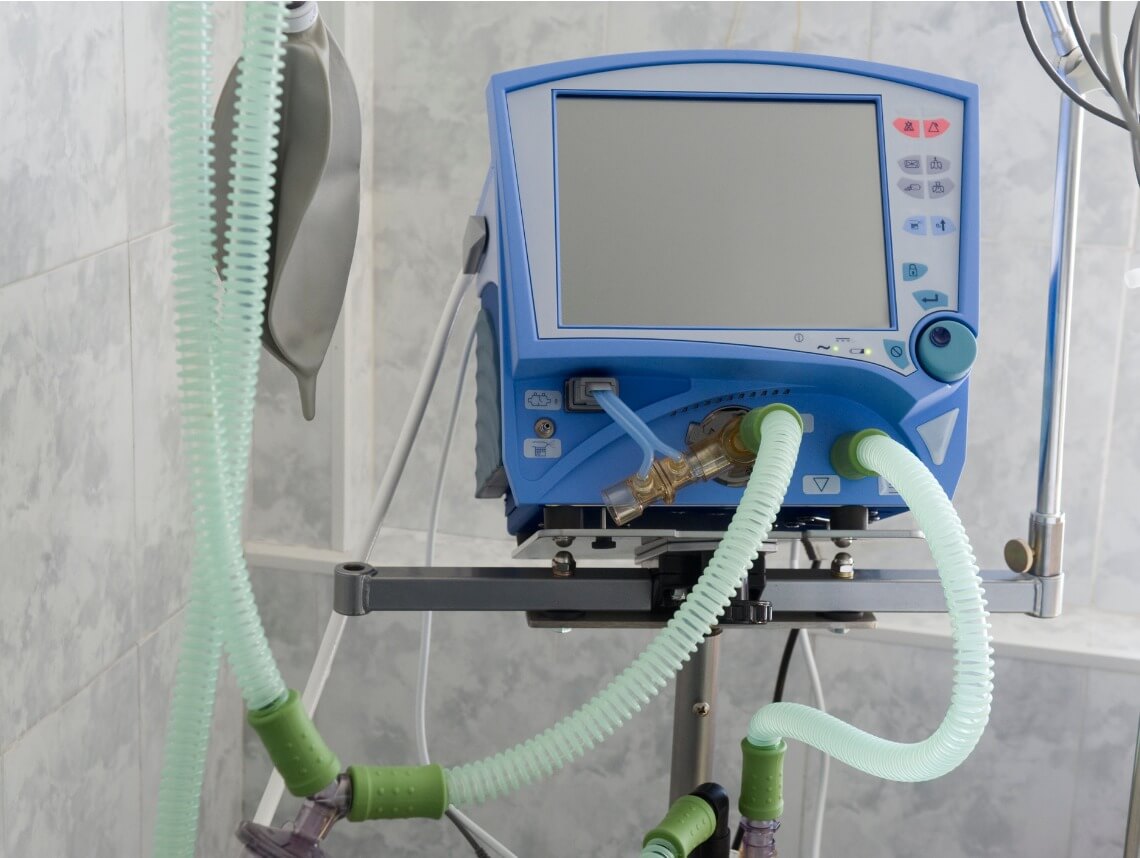
 Post-Independence, rural India that constitutes 70 percent of the country’s total population is no more solely about agriculture, thatched rooftops and muddy roads. Perhaps it has transitioned into busy concrete streets, cellphones and factories.
Post-Independence, rural India that constitutes 70 percent of the country’s total population is no more solely about agriculture, thatched rooftops and muddy roads. Perhaps it has transitioned into busy concrete streets, cellphones and factories.
Villages are widening and merging together to form new urban set up, and consumption patterns are giving clear picture of their choices with respect to lifestyle products, footwear, tobacco, and health in particular.

The exponential growth in rural economy is spawning transformative change in healthcare also. Health in the rural hinterland is no more conceived as a free commodity, rather a necessity for their well being.

This changing preference of the rural people towards health seeking attitudes is the outcome of several favorable health reforms and splurge of technology innovations and entrepreneurial initiatives that has heralded a new horizon in rural health care space.

Adaptation of information technology in rural healthcare delivery is not uncommon any more. Technology is bringing affordable and accessible care right at the door steps of the rural people in a convenient and cost-effective way.

For example, iKure a leading govt. of India recognized healthcare start-up has carved its own niche in public healthcare domain through its own cloud based proprietary software called Wireless Health Incident Monitoring System(WHIMS). The venture operates through low-cost hub and spoke healthcare model to reach out to patients in difficult-to-reach remote terrains. It further connects with secondary and tertiary care through hospital partners and community health workers where these health workers using smart phones extends the reach of the primary care in deep underserved communities.
So far, the venture has impacted 7.7 million rural beneficiaries with increased access to primary care and preventive services in 330 villages across six states of India and five Sub-Saharan countries, Vietnam, Malaysia, Kenya, Africa & Latin American countries to offer technology solutions.
It works in strategic partnerships such as MIT, WHO and World Economic forum, and Govt. of India; NITI AYOG, Universal Health Coverage(UHC), Primary Care Coalition Network(PCC) to explore emerging techniques of greater disease complexity including deep learning and artificial intelligence.
However, healthcare transformation cannot happen by working in silos. As iKure sees health as an outcome of an integrated, inclusive and holistic efforts, there needs substantial increase in healthcare investment and policy changeover to catch up with the loopholes of physical infrastructure and achieve sustainable economic growth in rural villages.
Out of a total population of 840 million in rural India, only 120 million have mobile internet connections. Power supply is still very limited, as according to official data, only 1,417 of India’s 18,452 villages, or 7.3% of the total have 100% household connectivity, and about 31 million homes are still in the dark.
Substantial investment is also required to address gender divide with greater focus on women empowerment, education and training in rural regions in order to truly reap the benefits of emerging rural healthcare space.
(Writer is Dr Tirumala Santra Mandal, Research Analyst, iKure. Views expressed are a personal opinion.)
Be a part of Elets Collaborative Initiatives. Join Us for Upcoming Events and explore business opportunities. Like us on Facebook , connect with us on LinkedIn and follow us on Twitter , Instagram.
"Exciting news! Elets technomedia is now on WhatsApp Channels Subscribe today by clicking the link and stay updated with the latest insights!" Click here!
















